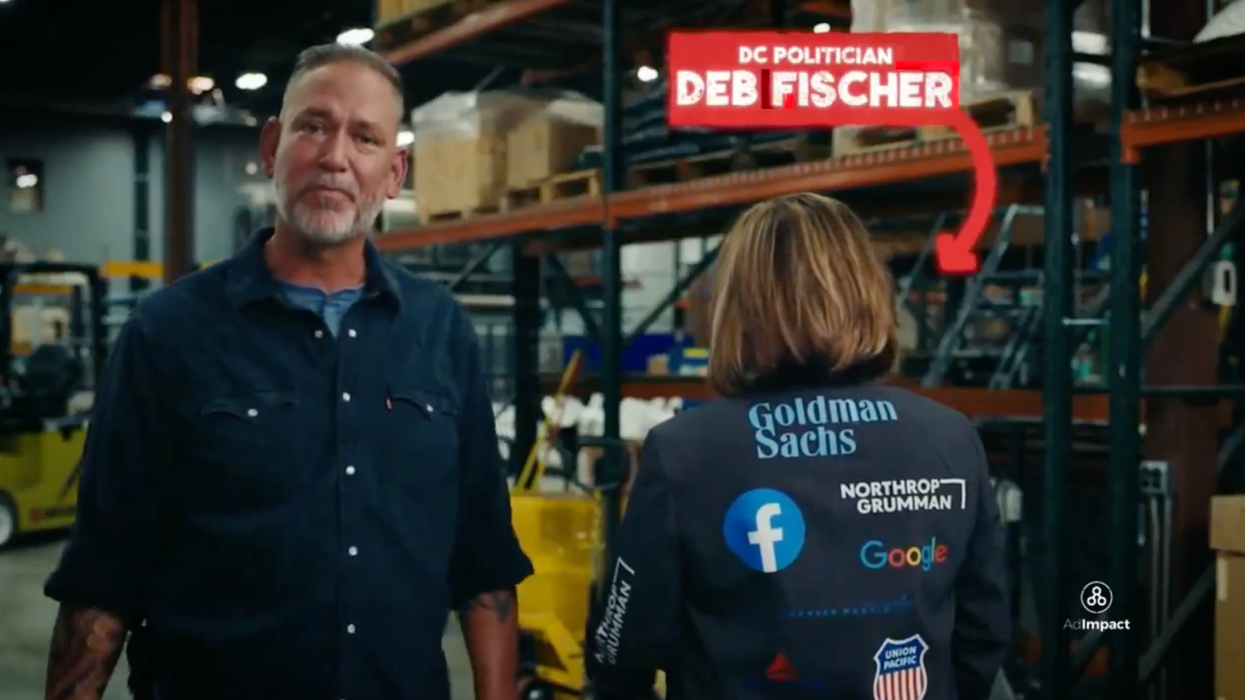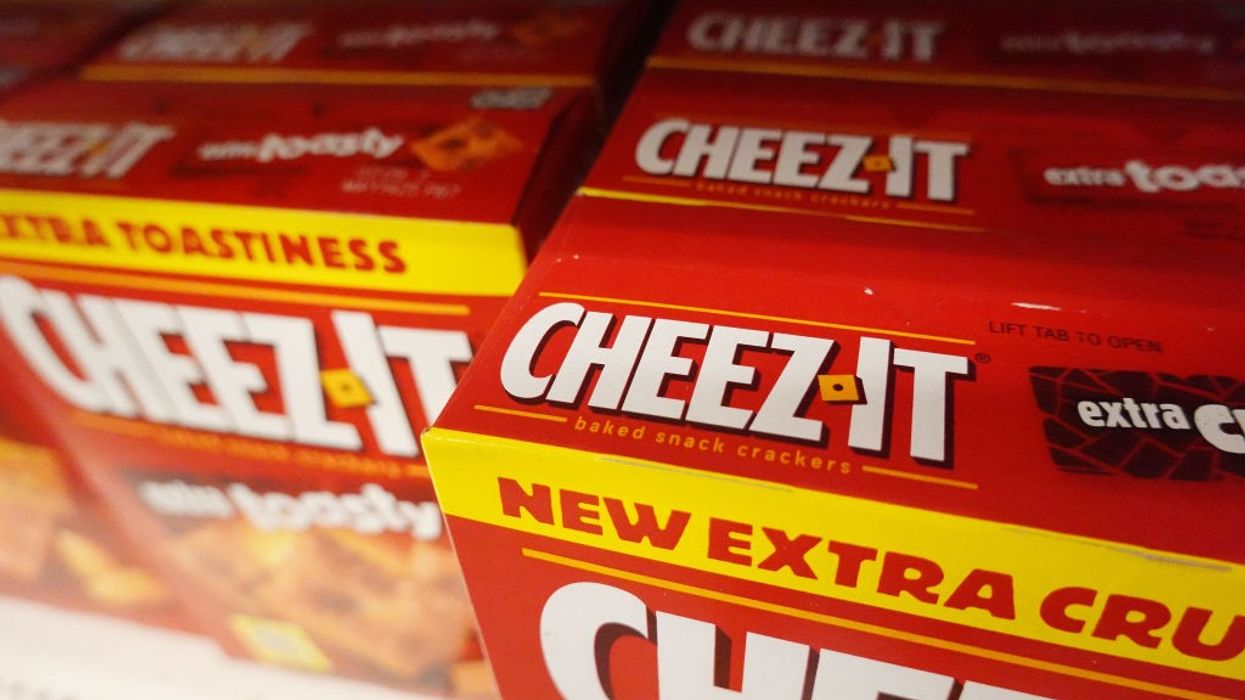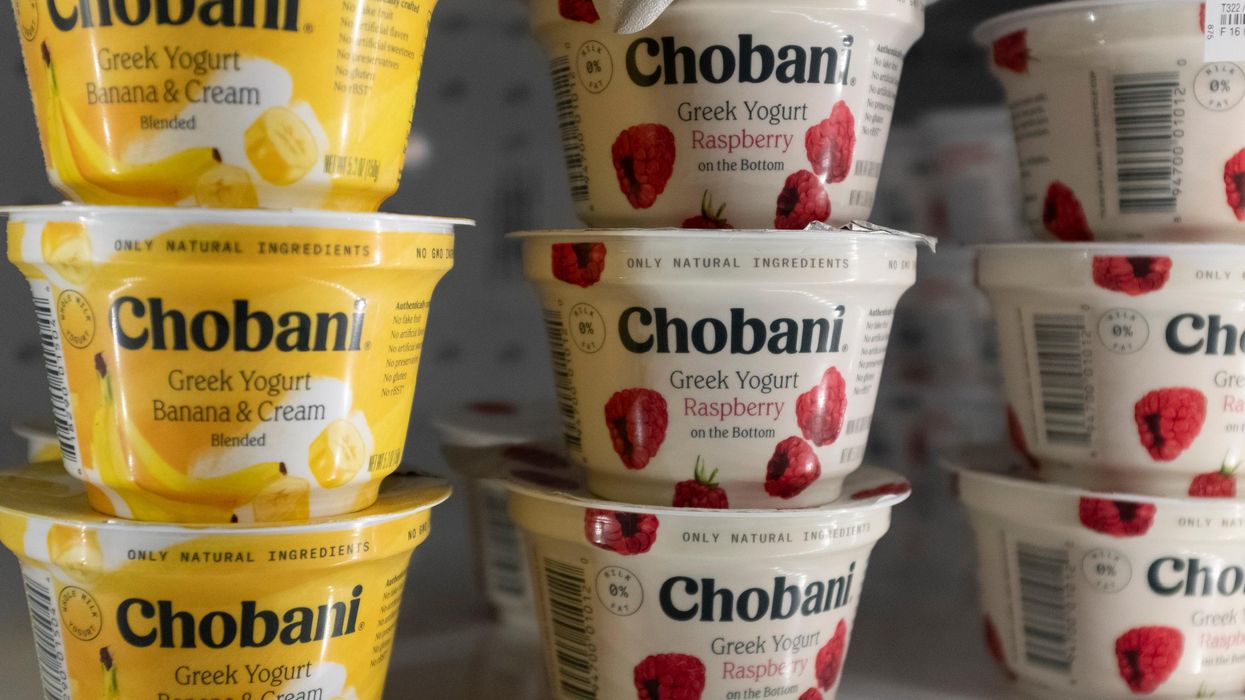Osborn describes himself as a "lifelong Independent," and has not sought or accepted endorsements from either major political party.
He does have the backing of the United Auto Workers, which said in June, "It's time for labor to get behind candidates who look like us, talk like us, and know the issues facing working-class people."
Osborn began working as an industrial mechanic for a Kellogg's plant in 2004, and eventually rose to the presidency of his union local, Bakery, Confectionery, Tobacco Workers, and Grain Millers (BCTGM) Local 50G.
In that role in 2021, he led 500 of his co-workers at the cereal plant in a work stoppage that lasted 77 days, with workers protesting a two-tier hiring system that left new employees with lower pay and no pensions and demanding fair working schedules and pay.
The strike forced the company to agree to cost-of-living raises, no plant closures through 2026, and no permanent two-tier system.
"I've gone up against a major American corporation," Osborn told The New York Times in February. "I stood up for what I thought was right, and I won."
The Fischer campaign and its supporters have taken notice of the senator's opponent as multiple polls have shown the two candidates neck-and-neck. Last month, Fischer was up by just one point, with 23% undecided.
Conservative super political action committee Heartland Resurgence has spent $479,000 in a new ad campaign opposing Osborn, repeating the same false claims about his support for abortion care as those Republican presidential candidate Donald Trump made at his debate against Democratic Vice President Kamala Harris earlier this month: that Osborn "supports abortion until the moment of birth."
Osborn told the independent rural news outlet Barn Raiser in March that he believes "a woman's decision on whether or not to have an abortion is between her and her doctor, it's not the federal government's place to dictate those things to people. Deb Fischer believes in a complete abortion ban. I strongly disagree with that position."
In an ad released this week, Osborn is seen next to a stand-in for Fischer, who wears a blazer decorated with the logos of some of her major corporate donors: Northrop Grumman, which has given her $64,827 over her career; Union Pacific Corp., which has donated $141,651; and Goldman Sachs, which has donated $18,200 this election cycle.
Osborn says in the ad that the Senate is made up of "millionaires controlled by billionaires."
"Deb Fischer is part of the problem," he says. "She's taken so much corporate cash she should wear patches."
Columnist John Nichols said the latest poll numbers in Nebraska suggest "that a willingness to take on millionaires, billionaires, and the politicians who serve them plays well everywhere."
Pro-worker media organization More Perfect Union pointed to earlier polling in July that showed Osborn and Fischer tied 42-42.
"Fifty-seven percent of the state's GOP voters say they're open to voting for an Independent," the outlet reported. "Osborn, a long-time union worker, could kick a Republican out of the Senate."




